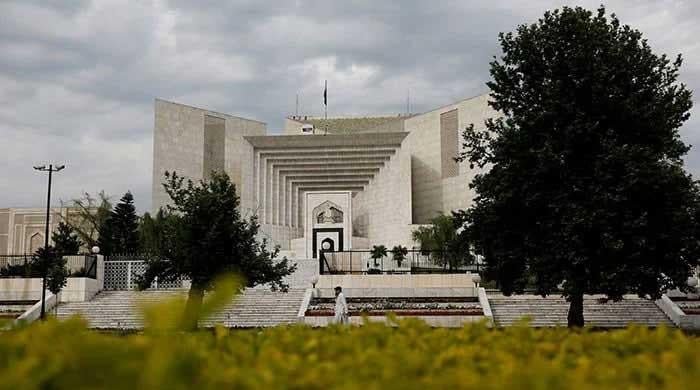On Monday, the Judicial Commission of Pakistan (JCP) approved the appointment of six judges to the Supreme Court, pushing forward with the process despite a boycott by PTI and senior judges Justice Mansoor Ali Shah and Justice Munib Akhtar. The move comes at a time of significant political tension surrounding judicial appointments in the country.
The commission confirmed the appointments of Balochistan High Court Chief Justice Hashim Khan Kakar, Sindh High Court Chief Justice Shafi Siddiqui, and Islamabad High Court Chief Justice Aamer Farooq as judges of the Supreme Court. These appointments are seen as critical in reshaping the judicial landscape at the highest level in Pakistan.
Alongside these, Justice Salahuddin Panhwar and Justice Shakeel Ahmed, both from the Sindh High Court, were also confirmed for appointment to the Supreme Court. Furthermore, Justice Miangul Hassan Aurangzeb was appointed as an ad hoc judge, adding to the broader reshuffling within the judiciary.
The meeting, held in the Supreme Court’s conference room, was chaired by Chief Justice of Pakistan Yahya Afridi. It aimed to finalize the judicial appointments, but the session was marred by the absence of key figures. Justice Mansoor Ali Shah and Justice Munib Akhtar, who had requested a postponement of the session, chose to boycott after their request was denied.
Sources indicated that the two judges felt the timing of the meeting was inappropriate and that their objections were not given due consideration. The walkout was seen as a form of protest against what they perceived as procedural flaws in the appointment process.
Meanwhile, PTI Chairman Barrister Gohar and Senator Ali Zafar also refused to attend, signaling the party’s discontent with the judicial selection process. PTI has been vocal in its criticism of the judiciary’s handling of appointments, which has added further political pressure on the process.
Despite the boycott and absences, the JCP moved forward with the confirmation of these appointments, a decision that solidified several key positions in the country’s highest court. The development raises questions about the independence and transparency of the judicial appointment process, with ongoing debates about how these decisions are made in the context of Pakistan’s complex political environment.





